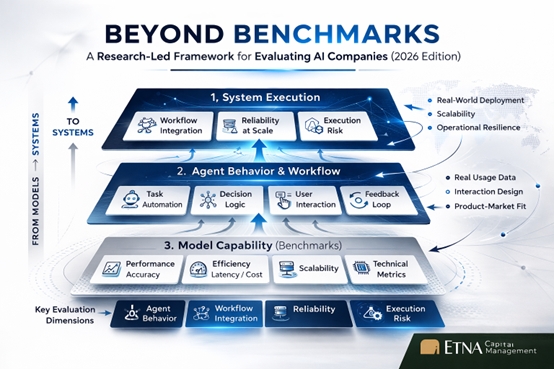This story was originally published on HR Dive. To receive daily news and insights, subscribe to our free daily HR Dive newsletter.
Dive Brief:
-
Sens. Josh Hawley, R-Mo., and Mark Warner, D-Va., introduced legislation Wednesday that would require major companies and federal agencies to report artificial intelligence-related layoffs to the U.S. Department of Labor, Hawley announced in a press release.
-
“The American people need to have an accurate understanding of how AI is affecting our workforce, so we can ensure that AI works for the people, not the other way around,” Hawley said in the release, noting AI is projected to drive unemployment up by as much as 20% in the next five years.
Dive Insight:
As AI already begins to have a measurable impact on the workforce, federal and state legislators have been exploring ways to approach, measure and contain the technology — and sounding the alarm on its potential impact.
For example, Sen. Bernie Sanders, I-Vt., warned in a report last month that AI could replace up to 97 million jobs in the next decade. The report, “The Big Tech Oligarchs’ War Against Workers,” outlines a series of policy proposals to help mitigate the effects of AI, including guaranteeing paid family and medical leave; enacting a “robot tax” on companies that heavily incorporate automation and AI; ending tax incentives for companies to invest in AI and automation over labor; and standardizing a 32-hour workweek with no loss in pay.
“If we do not act, the result could be economic devastation for working people across this country,” Sanders said in a statement.
Rep. Nancy Mace, R-S.C., in June introduced bipartisan legislation intended to “moderniz[e]” the federal workforce by providing expanded access to AI training, including privacy safeguards and security measures. Lack of training remains a sticking point as employers ask for more AI adoption in the workplace, with Express Employment Professionals and Harris Poll finding recently that more than half of respondents to a survey said their companies don’t have the resources to effectively train their employees on the technology.
Blending the two concerns, Sen. Mark Kelly, D-Ariz., in September released his AI for America roadmap. The plan proposes establishing an “AI Horizon Fund,” with contributions from top AI companies, which would “provide the resources needed to reinvest in workers, infrastructure, and responsible deployment,” including upskilling support and an expanded safety net.
While these actions remain in the early stages of the legislative process, several states have moved more quickly on regulating the use of AI in the workplace. New York, California, Colorado and more states now require employers to take actions such as conducting bias audits, creating AI risk management policies or notifying applicants about their use of AI in hiring.







